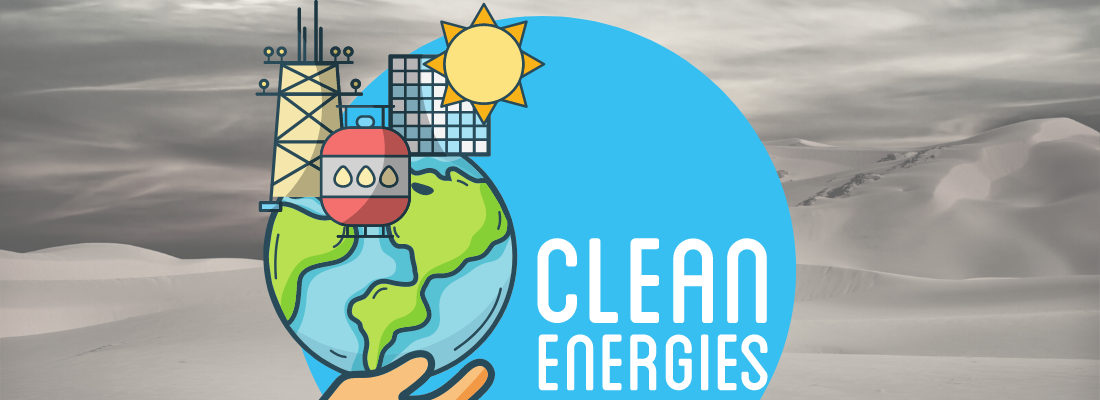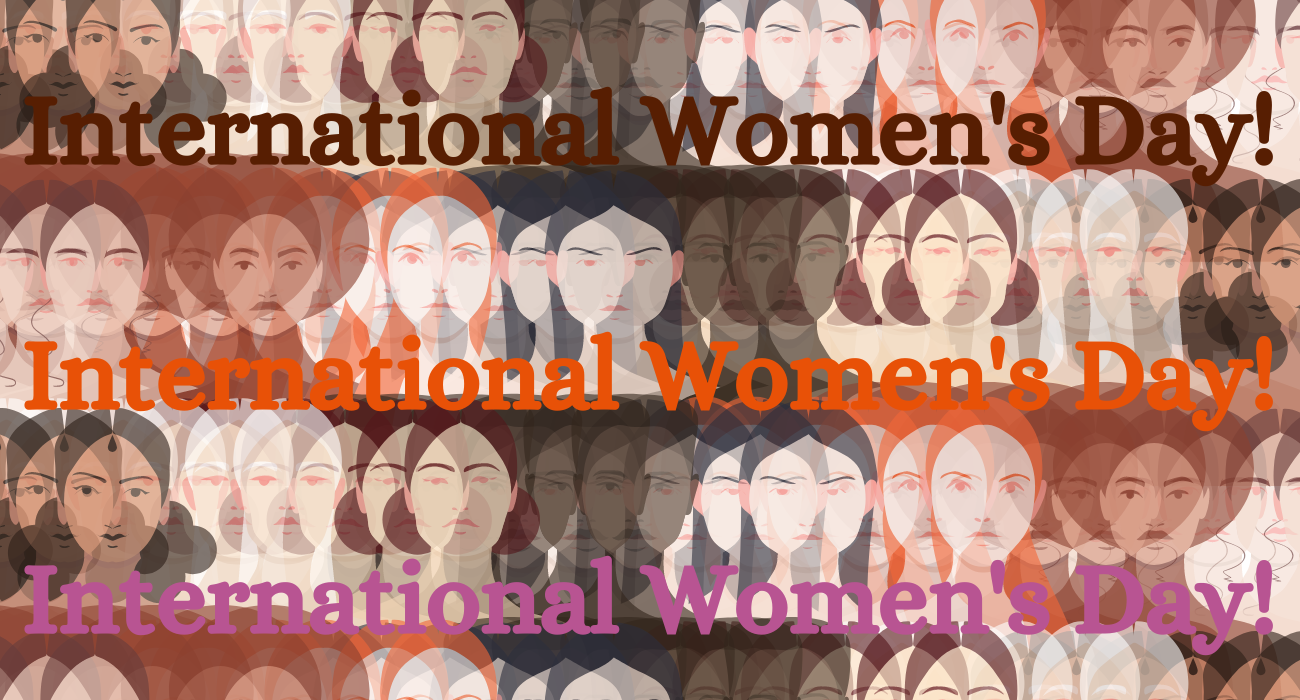
In the US, and in Nevada, we often talk about clean energy, but nuclear power is rarely part of the conversation (perhaps this is because of the continuing popular opposition to a proposed nuclear waste storage facility at Yucca Mountain. Read more about the history here.) This all seems rather odd to people in many other countries, especially considering the fact that there is an ongoing debate about whether renewable energy can consistently meet global electricity demands. To this point, FP Magazine hosts a series of conversations called “Climate Talks”. The latest installment, “Toward Zero-Emission Power”, which was the result of a partnership with Emirates Nuclear Energy Corporation (ENEC), addresses this debate. The first guest, author and journalist Robert Bryce, notes that carbon emissions actually increased last year and argues that renewable energy (particularly that which is reliant on increasingly unreliable weather patterns, e.g. solar and wind) cannot meet global energy demands. The IEA issued a press release last year that corroborates his claim and provides further information on how renewable energy sources are doing compared to fossil fuels. Bryce also said that the recent Russian invasion of Ukraine, should remind countries of the importance of energy independence. He said that Europe in particular is far too dependent on energy imports. Bryce believes that the solution for clean, independent sources of energy, lies in the development of a more robust global nuclear program.
Bryce says that “we need a dose of energy realism”. He argues that: We cannot run the world on renewables because we don’t have the available land or storage capacity. We can make progress in increased efficiency but this is not enough. He says that countries, when forced to choose, will pick economic concerns over efficiency every time. Bryce says that behavior is governed by an “Iron Law of Electricity”; people, countries and businesses will do whatever they need to get the electricity they need. He also seeks to remind us that efficiency isn’t free. This means that this is not just an energy issue but a social justice issue as well. Bryce notes that 4/10 people on the planet live in electrical poverty which means that they do not have reliable access to the electricity that they need for daily life. (According to a press release from the World Bank, 660 million people in the world still do not have any access to electricity at all, many of these people located in specific regions such as Sub-Saharan Africa. Less than half of the people that live in that part of the world have any access to electricity.) However, Bryce also notes that this is not just a concern for developing nations. For example, not everyone in advanced economies can afford to retrofit their homes in a way needed to take the most advantage of renewable energy sources.
Bryce believes that the way forward lies in developing nuclear capacity at the national level and then encouraging countries to work together to meet global demand. The next guest, His Excellency Mohamed Al Hammadi, Managing Director and CEO of Emirates Nuclear Energy Corporation agrees and believes that the UAE can serve as an example of how some countries might develop their nuclear programs and how innovation can pay off economically. He says that the UAE realizes that a diverse energy portfolio is more secure and that nuclear should be part of that portfolio. Al Hammadi says nuclear power is a good solution because it is clean and reliable. The UAE installed four nuclear reactors in 2015, with one unit already producing energy.
Three other guests weighed in on this topic as well. Dr. David Victor from the School of Global Policy & Strategy believes that emerging economies can focus on sustainability and economic development at the same time. Additionally, he says that the US instead of decommissioning the reactors we have, needs to keep nuclear power operational. Dr. Sama Bilbao y León of the World Nuclear Association argues that there is no one size fits all solution. Countries need to consider socioeconomics, environmental factors, available resources, etc. in their energy solutions. She says that advanced economies need to decarbonize but emerging economies need to energize and they will need access to clean and renewable energy to do so. This is where nuclear can bring a lot to the table because it is resilient. Bilbao y León notes that uranium is fairly evenly distributed around the world and that nuclear only needs a very small amount of uranium. She notes that if there was a uranium shortage (or lack of access) the resulting price increase would be relatively minor, unlike the situation we are seeing now with crude oil prices. Finally, Neil Wilmshurst of the Electric Power Research Institute offers support but a word of caution as well. He says that deploying a national nuclear program can be a “really heavy lift”. Countries need a national economic program behind it in order to make it a good investment. He also notes that there is a lot of energy to be found in nuclear “spent fuel” but, in the US at least, there are currently no policies in place to reprocess these potential fuel sources. When asked whether a global nuclear program can be successful without a strong US nuclear program, he replied that it was an open question.
Of course, there are potentially catastrophic downsides to nuclear energy (see above) but this latest edition of FP’s Climate Talks reminds us that nuclear also has a lot to bring to the table and, thus, warrants inclusion in the conversation.
You can view the whole recorded talk at: https://www.youtube.com/watch?v=VM_IQCkE_m0




